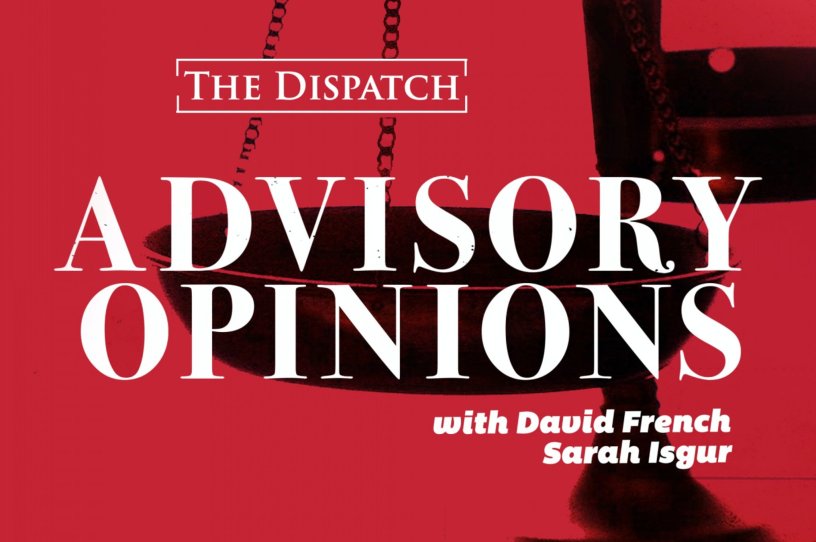Justice Breyer’s Warning

Our hosts start today’s episode by diving into the Supreme Court’s 6-2 opinion in Google v. Oracle, a multibillion dollar copyright case involving whether Google unlawfully used Oracle’s programming code when the tech titan created its Android operating system. Also on today’s podcast, Sarah and David chat about Justice Stephen Breyer’s Scalia Lecture, misdemeanor prosecutions, a new study on religious liberty’s winning streak on the Roberts Court, and a Native American adoption law case.
Show Notes:
-Justice Breyer’s Scalia lecture.
-Misdemeanor prosecution explainer by Alex Tabarrok and “16 theories for why crime plummeted in the US” by Dara Lind and German Lopez in Vox.
-“An Extraordinary Winning Streak for Religion at the Supreme Court” by Adam Liptak in the New York Times and “The Roberts Court and the Transformation of Constitutional Protections for Religion: A Statistical Portrait” by Lee Epstein and Eric A. Posner in the Supreme Court Review.
-Native American adoption law case.
-Take the next 30-days to try a Dispatch membership